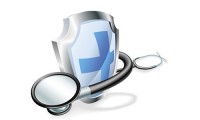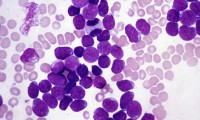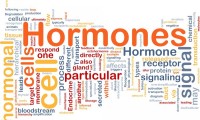-
Potentially life-saving health monitor
- Source: Printed Electronics World
- 979
- January 19, 2018
-
Study shows wearables lack clinical impact, but researchers haven’t lost hope
- Source: FierceHealthcare
- 922
- January 18, 2018
-
Immune Cells Play Key Role in Early Breast Cancer Metastasis Even Before a Tumor Develops
- Source: mountsinai.org
- 734
- January 16, 2018
-
Iodine deficiency may lead to pregnancy delays
- Source: healio
- 705
- January 16, 2018
-
New IVF technique hailed as the ‘most exciting advance in fertility treatment for 40 years’
- Source: Daily Mail
- 1,006
- January 15, 2018
-
New AI system for lung cancer and heart disease
- Source: Digital Journal
- 1,275
- January 15, 2018
-
Depression medication initiation may lower oral antidiabetic drug adherence in diabetes
- Source: Healio
- 856
- January 12, 2018
-
Sex hormone-binding globulin associated with androgen deficiency
- Source: healio
- 623
- January 12, 2018
-
Alzheimer’s Drug Turns Back Clock in Powerhouse of Cell
- Source: Neuroscience News
- 943
- January 12, 2018
your submission has already been received.
OK
Subscribe
Please enter a valid Email address!
Submit
The most relevant industry news & insight will be sent to you every two weeks.













